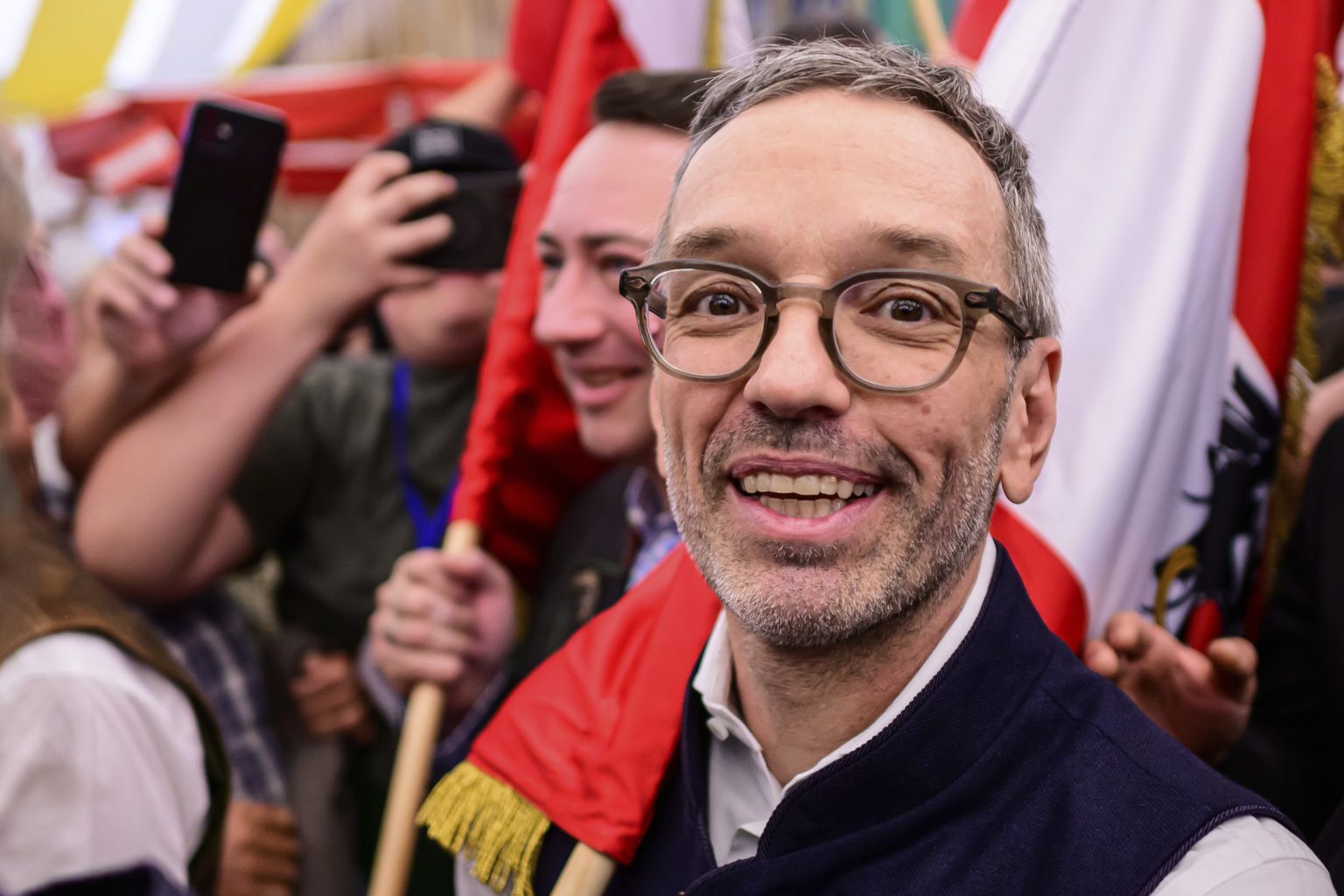Austria’s far-right Freedom Party (FPO) is poised for a potentially historic victory in the upcoming elections, signaling a broader trend of hard-right gains across Europe. The party’s leader, Herbert Kickl, is vying for the chancellorship with a campaign that resonates with a significant portion of the electorate. Kickl has adopted the term “Volkskanzler,” or “chancellor of the people,” a phrase historically linked to Adolf Hitler. However, he has vehemently defended against comparisons with Hitler. Kickl’s path to leadership depends on forming a coalition to secure a majority in the National Council, and recent polls indicate a tight race with the Freedom Party at 27 percent, closely followed by the conservative Austrian People’s Party (OVP) and the center-left Social Democrats (SP)).
The FPO has seen a resurgence in popularity after a disappointing performance in the 2019 elections, following a scandal involving then-Vice Chancellor Heinz-Christian Strache. In June, the party gained momentum by narrowly winning a nationwide vote in the European Parliament elections. Many voters cite feelings of insecurity amid high inflation and ongoing geopolitical strife as driving forces behind their support for the party. The Freedom Party’s platform openly calls for the “remigration of uninvited foreigners” and aims to create a more ‘homogeneous’ society by tightening border controls and temporarily suspending the right to asylum. Kickl’s leadership has seen the party move further to the right, with critics noting a refusal to distance itself from extremist factions, such as the Identitarian Movement.
The Freedom Party’s platform also includes lifting sanctions against Russia, opposing Western military aid to Ukraine, and seeking to withdraw from initiatives like Germany’s European Sky Shield missile defense project. In contrast, Social Democrats’ leader Andreas Babler has positioned himself as a staunch opponent to Kickl, labeling him a “threat to democracy” and ruling out any potential coalition with the far-right. The current ruling coalition, led by the OVP under Chancellor Karl Nehammer, faces declining popularity due to crises stemming from the COVID-19 pandemic, energy price surges caused by the war in Ukraine, and a contentious vaccine mandate that was later rescinded. Inflation in Austria has averaged 4.2 percent over the past year, surpassing the EU average.
The potential outcomes of the upcoming elections could redefine Austria’s political landscape and influence the broader trajectory of right-wing politics in Europe. Should the OVP secure a leading position, a coalition with the FPO could be a possibility, though analysts suggest a more likely scenario would involve a three-way alliance with the SPO and the liberal Neos party. The surge in hard-right gains across Europe, driven by concerns over immigration, inflation, and the ongoing war in Ukraine, highlights the shifting political climate within the region. The election results on Sunday will be closely watched not only in Austria but also by observers across the continent to see how the balance of power and political ideologies may evolve in the coming years.


